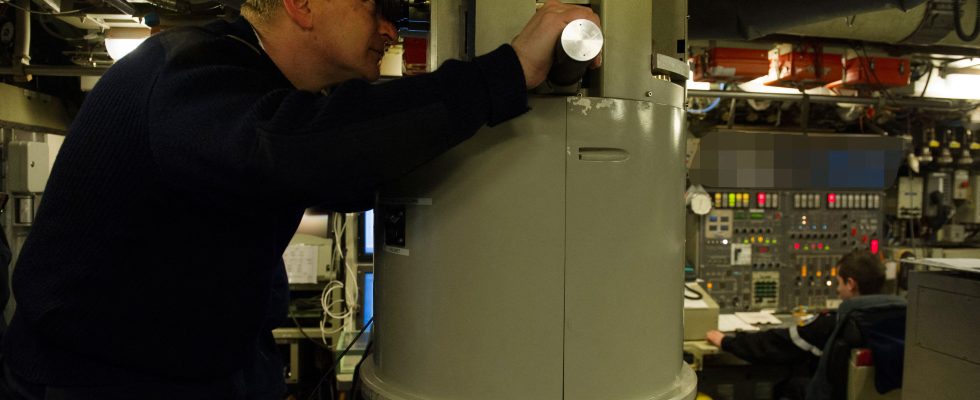It is “a rare gas essential for deterrence weapons”. The Ministry of the Armed Forces announced, Monday March 18, a “collaboration” with EDF in order to use the power of the two nuclear reactors at the Civaux power station to produce, with the Atomic Energy and Alternative Energies Commission (CEA) , tritium.
This announcement, presented as a long-term project, follows a visit by Defense Minister Sébastien Lecornu to Civaux, in Vienne.
In a press release, his ministry announced a “collaboration between EDF and Defense consisting of installing a materials irradiation service on the site. This involves exploiting the power of the two Civaux reactors to, alongside a unchanged electricity production, irradiate special materials containing lithium into the reactor cores.
This collaboration had been under consideration since the 1990s
“Once irradiated, these will be transferred to a CEA site”, “in order to produce tritium, a rare gas essential for deterrence weapons”, details the press release. “This collaboration has been under study since the 1990s and is part of long-standing planning, usual for Defense industrial tools,” says the ministry, which specifies that an agreement between the State, the CEA and EDF “will be signed, setting the scope of activities, the rights and obligations of each party in compliance with governance rules”.
The plant will not be put to use immediately, warned Etienne Dutheil, director of the nuclear production division at EDF, during a press briefing. “Bringing material to be irradiated into the reactor core will very slightly modify the operating parameters of the reactor and it will be necessary to carry out a safety assessment as for any other modification” of this type, he warned. .
In order to carry out the first tests, EDF will submit a modification file at the start of the 2024 school year “to the ASN (Nuclear Safety Authority, the sector watchdog) which will examine it with the IRSN (its technical expert), and at the end will give us authorization to carry out this operation or not,” he explained.
Difficult to produce
EDF is aiming for a first small-scale test during one of the two shutdowns scheduled for 2025 at the power plant. Tritium is a “difficult to produce gas, which disintegrates and disappears spontaneously”, recalls the Ministry of the Armed Forces, which adds that “any stock is reduced by half after 12 years, three quarters after 25 years, 99 .5% after a century.
It is therefore necessary to “produce it regularly”. The facilities previously used to produce them, in Marcoule (Gard) in the 1960s, were dismantled in 2009, which led to “planning a second generation of production tools from the 1990s” therefore involving the use of non-dedicated EDF reactors to irradiate the material. This makes it possible, according to the ministry, to provide new resources “at a reasonable cost while avoiding heavy investments”.
“The project that is underway today aims to allow the people who will be responsible for French deterrence in 15 or 20 years to continue to have all possible options,” declared Etienne Dutheil. “We are not carrying out this irradiation service because we have needs now,” he insisted.
“This new activity, which contributes to the sovereignty of both our industry and our Defense, is good news for the local industrial fabric whose excellence is recognized,” summarizes the ministry. “This additional additional activity will be added to the main mission of electricity production. This request from the State has no impact on the operation of the Civaux power plant and its purpose” and “it does not “There are no plans to extend this additional activity to other reactors in the fleet,” EDF said.
The Civaux power plant was chosen because it is “the youngest power plant in service in the fleet and therefore has a capacity to continue its operating life which is maximum”, concluded Etienne Dutheil .
